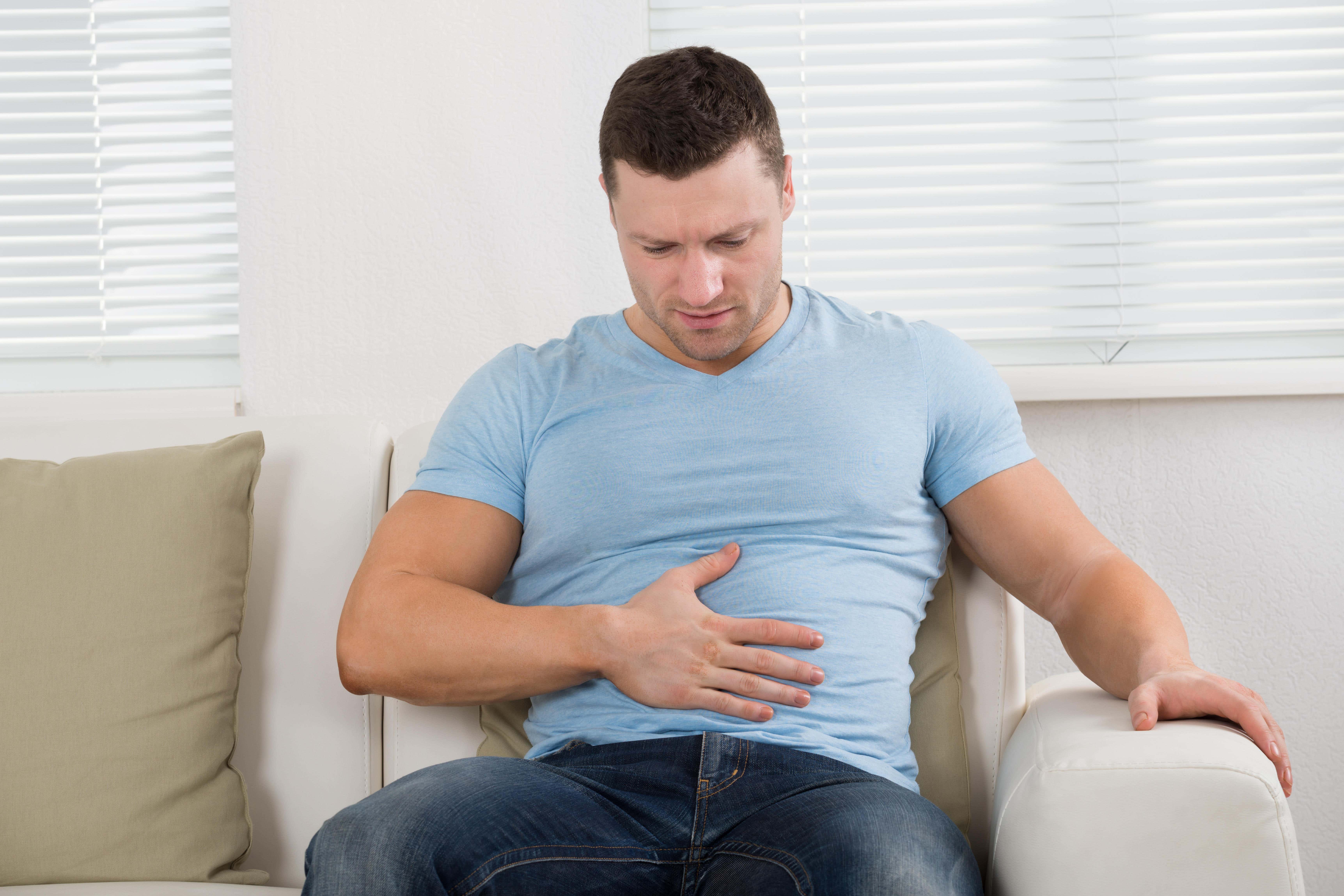Cancer cases in young people ‘are rising’ – the warning signs to look out for
Symptoms can be vague during early stages of the disease.

New cancer cases in people aged under 50 rose by 79% between 1990 and 2019, researchers have suggested.
There were 3.26 million new cancer diagnoses for under-50s in total, while deaths from the disease in this age range were also up by 27.7% globally – according to the study, which analysed data for 29 cancers in 204 countries and regions for people aged 14-49.
Breast cancer accounted for the largest proportion of cases (13.7 per every 100,000 people), while windpipe and prostate cancer cases saw the fastest growth overall at 2.28% and 2.23% per year respectively. Early-onset liver cancer was down by 2.88% each year, however.
The researchers from University of Edinburgh and the Zhejiang University School of Medicine in China also looked at risk factors for this age group. While genetics were likely to play a part, smoking, alcohol consumption, obesity and diets high in meat and salt but low in fruit and milk were cited as the “main risk factors”, along with low physical activity and high blood sugar.
Advances in cancer care and survival
Despite the overall rise in early-onset cancer, there have been promising findings too.
“Fortunately, the annual mortality rate from early-onset cancer in the UK has been steadily decreasing, a testament to the outstanding cancer screening and treatment efforts over the past three decades,” said study author Dr Xue Li, of the Centre for Global Health at the University of Edinburgh’s Usher Institute.
Also, publication of the study follows Cancer Research UK’s claim that advances in cancer care have helped save 1.2 million lives in the UK since the mid-1980s – including an estimated 560,000 fewer lung cancer deaths, 236,000 deaths from stomach cancer, 224,000 bowel cancer deaths and 17,000 breast cancer deaths.
It’s not fully clear what is driving the rise in early-onset cancers...
Dr Claire Knight, senior health information manager at Cancer Research UK, said: “It’s not fully clear what is driving the rise in early-onset cancers, but exposure to risk factors in earlier life, better detection of cancer and genetics might all play a part.”
She added that more research is needed to get a better understanding of why some people get cancer at an earlier age, and reassured that despite these figures, cancer is still “primarily a disease of older age”.
Knight continued: “If people are concerned about their cancer risk, there are lots of ways to help reduce this, such as not smoking, maintaining a balanced diet, getting plenty of exercise and staying safe in the sun.”
What are the warning signs?
Cancer symptoms can be vague during the early stages and vary significantly. However, here are some key cancer symptoms to be aware of, according to cancer charities and the NHS.
Unusual lumps and swellings
This could be on or around the breasts, underarms, groin area, neck and throat, testicles, or anywhere on the body.
Ongoing fatigue
Feeling constantly exhausted for no apparent reason is potentially an indication that something’s wrong.
Persistent heartburn or indigestion
The odd bout of gas and acid reflux after a rich meal or boozy night is normal. But getting heartburn and/or indigestion a lot could be a warning signs.
Difficulty swallowing
Any unusual changes with swallowing can be an indicator that something needs a closer look.
Unusual bleeding
This could be spotting blood when you go to the toilet, or after sex or between periods for females, coughing up blood or noticing unusual bruising.
Persistent bloating
If you are bloated all the time for no apparent reason, check in with your doctor – especially if you are also experiencing other possible symptoms alongside this.
Unusual pain
Ongoing pain that doesn’t have an obvious cause should be checked out. This could affect any part of the body – including abdominal pain, chest, back and groin pain, and general aches in your limbs.
A changing mole
Noticed a mole that’s getting bigger, developing uneven edges, changing colour, itching or bleeding? Skin cancer is one of the fastest increasing cancers, so warning signs should never be ignored.
Bowel and bladder changes
This could be suddenly needing to go much more often, or having trouble with peeing or bowel movements, or experiencing unusual pain in this department.
Unintentional weight loss
If you haven’t been trying to lose weight yet the number on the scales has dropped, this could be a sign of cancer.
Sores and ulcers that won’t go away
Don’t ignore ongoing skin changes, such as persistent ulcers or sore patches. These could be anywhere but common areas include inside the mouth, on the tongue or around the genitals.
Remember…These are just some of many possible cancer symptoms. The important thing is to know what’s ‘normal’ for you and get things checked if you notice unusual or ongoing changes. Also, experiencing these symptoms does not automatically mean you have cancer, but it’s always best to get things investigated quickly.